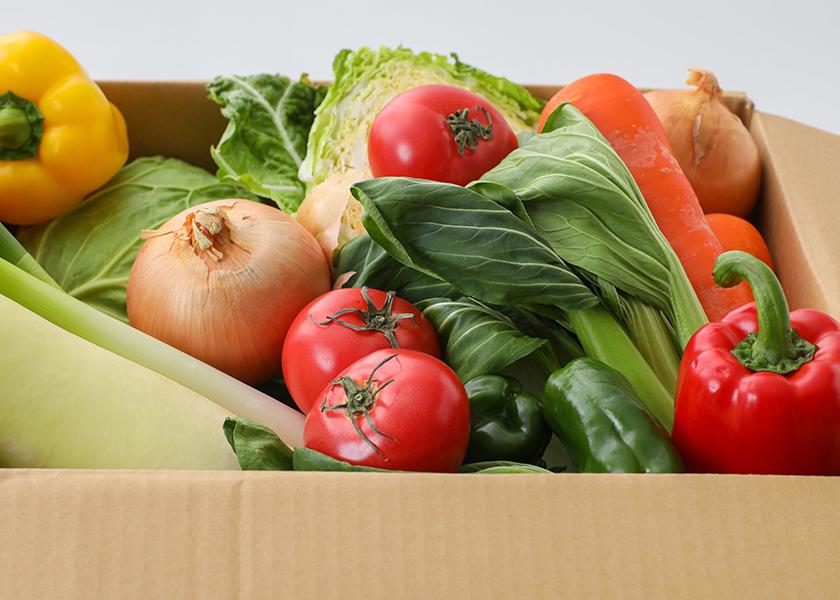Grants aim to reduce food waste

The Foundation for Food & Agriculture Research (FFAR) is awarding $1 million in grants to accelerate new ways to measure waste across the food system.
The grants were awarded to Oregon State University, Ohio State University and the University of Florida; The Kroger Co. Zero Hunger | Zero Waste Foundation is providing matching funding for these grants for a total $2 million investment, according to a news release.
About one-third of food produced each year is wasted, even though 10% of U.S. households are food insecure, the release said.
Currently, the amount of food waste generated in U.S. households is assessed in multiple ways, including surveys, collection of containers dedicated to wasted food or by consumers submitting photos of their food waste using specially designed apps, according to the release. These approaches are fragmented, however, and the amount of U.S. household food waste is most likely underestimated, the release said.
“Food waste represents not only the loss of nutrients but a waste of valuable resources, which puts significant strains on the environment, economy and our society,” Constance Gewa, FFAR senior program director of the Health-Agriculture Nexus Challenge Area, said in the release. “An innovative approach to measuring household food waste is needed in order to drive change and reduce food waste.”
There are various challenges to addressing food waste at the consumer level, including consumer behavior, supply chain disruptions, and sociocultural and environmental elements, the release said. Additional research is necessary to accelerate food waste reduction at the consumer level and support interventions across the food system, according to the release.
FFAR and the Zero Hunger | Zero Waste Foundation are awarding three grants to advance the development of innovative food waste measurement tools and technologies:
- Patrick Donnely, assistant professor at Oregon State University College of Engineering, is receiving a total investment of $637,733 to develop a new artificial intelligence-assisted technology that enables consumers to track, measure and reduce household food waste. This AI-enabled device automatically and accurately measures food waste in the home kitchen, the release said. This data will contribute to a novel dataset to enable and encourage researchers to tackle the problem of food waste measurement with computer vision.
- Brian Roe, professor at the Ohio State University College of Food, Agricultural, and Environmental Sciences, and John Apolzan and Corby Martin at the Pennington Biomedical Research Center are receiving a total investment of $839,670 to innovate a flexible approach that quantitatively measures households’ food waste and can easily be deployed by food-system stakeholders, the release said. Roe and his team are investigating three common measurement approaches and applying machine learning to produce a predictive model that is flexible and accurately addresses future food waste questions. This data will contribute to the development of novel datasets of food waste measurements.
- Ziynet Boz Ozdemir, assistant professor at the University of Florida College of Agriculture and Life Sciences, is receiving a total investment of $522,607 to assess uncertainties in the measurement of household food waste to improve the understanding of common food waste quantification methods.
“We established the Zero Hunger | Zero Waste Foundation’s Innovation Fund to help identify and scale solutions with the potential to improve food security and end food waste,” Denise Osterhues, president of the Zero Hunger | Zero Waste Foundation, said in the release. “We are pleased to work with FFAR to support this important research to help reduce household food waste in the future.”







